Interview with Germán Díaz Blanco, soloist of Qatar Philarmonic Orchestra.
Today, I’m honored to present an interview with Germán Díaz Blanco, principal oboe at Qatar Philarmonic Orchestra. Thank you Germán for giving me this interview.

How were your beginnings in music / with the oboe? Were there more musicians in the family?
I started with oboe by chance. After a frustrated attempt to become a sax player, one day someone telephone me at home from the conservatory to see if I would be interested in signing up for the oboe class, as there were still places available. After looking for what an oboe was in an encyclopedia, I went to an informative talk where, who would later be my oboe teacher, played all the most famous melodies of Disney. There was no way to resist.
When did you decide that you wanted to be a professional oboe player?
The key moment was when I received a letter from Reina Sofía School of Music accepting me as a student. I was 18 years old and it was time to choose, but honestly, I think I never doubted that I would dedicate my life to the oboe.
Which teacher has influenced you the most?
This is a difficult question to answer. If I had to respond with proper names they could be: Paul Opie, Hansjörg Schellenberger and Stefan Schilli. They were the ones that marked the different stages of my career, but of course there were others like Maurice Bourgue who were important.
What type of oboe do you play with?
Marigaux model 901.
If you had to highlight an oboe repertoire, what would it be and why?
Without doubt the Concert for oboe and orchestra of R.Strauss. It was the first oboe CD my mother gave me. The version of Lothar Koch and Karajan with the Berlin Philharmonic. After hearing it for the first time, I ran to the library to get the score and every weekend I listened and tried to play it with them. It is undoubtedly one of the most important and best written works for our instrument.
How were your beginnings in the orchestra?
Fortunately, I started from a very young age – I was 13 years old – in the orchestra of the Academy of the Tenerife Symphony Orchestra and it was an unforgettable experience. Playing in orchestra and making chamber music should be the basis for all students; and bring you values and knowledge that can not be taught in an individual class of instrument.
How were your first orchestra auditions? What advice would you give for auditions?
Orchestral auditions are « a world apart ». In many cases, music loses all its essence as an art to convey emotions in favor of an exercise of almost millimetric precision; But unfortunately it is the price that must be paid for the enormous competition.
In the auditions the psychological part is very important and learning to control it is a great advantage. My best advice is to play in public as much as possible, be constant studying and try to improve every day (be self-critical but in a logical and positive way). Sometimes the auditions are decided by small details between candidates and excuses like « that orchestral passage is never asked » do not help you to get a place.
What is the repertoire in the orchestra with which you feel most identified / the one you like the most?
Luckily for oboe players our instrument has been one of the protagonists in almost all periods of the history of music so we have great solos in the repertoire of orchestra in almost all times. Brahms and Beethoven’s symphonies are part of the repertoire that I like.
Which conductor or soloist has impressed you most?
The conductor who impressed me the most was Mariss Jansons; For the way he works, his knowledge and simplicity as a person. The soloist who impresses me most is François Leleux; Not only he makes possible what seems impossible for our instrument, he does so in a natural and easy way …

How do you see the music scene of your country (Spain) nowadays?
It seems that classical music in Spain shows signs of recovery. However, it is undoubtedly of concern that an education minister doesn’t consider essential that music education be given in schools. Between the economic crisis and these educational policies could throw away all the work in musical culture of the last 20-30 years. A tragedy.
About Spanish oboists, How do you think we are valued abroad? And Spanish musicians in general?
Not long ago, at a dinner party, the conductor G.Gelmetti asked me laughingly: What is the secret of the Spanish oboists? Why are they all so good? Spanish oboists have achieved a great reputation won by first prizes hits at the best competitions and places of soloist at the best orchestras. The examples speak for themselves: Ramon Ortega, Lucas Macías, Miriam Pastor, Jose Luis Garcia Vergara, Juan Pechuán …
What advice would you give to oboe students?
Enjoy the pleasure and happiness of making music, and work hard to get their goals. They may not be able to realize their dreams, but along the way will live experiences that will make it worthwhile.
What are your future projects (upcoming concerts, masterclasses …)?
Enjoy the end of the season at Qatar Philharmonic Orchestra with interesting programs such as Frank Martin’s Petite symphonie concertante for 7 wind instruments, as well as collaborations with Tenerife Symphony Orchestra, masterclasses and summer festivals in Spain and Korea.
 Plastique pour anches
1 × 13,90€
Plastique pour anches
1 × 13,90€ Anche hautbois étudiant (débutant) EG-REEDS
1 × 11,50€
Anche hautbois étudiant (débutant) EG-REEDS
1 × 11,50€ Anche hautbois étudiant (intermédiaire) EG-REEDS
1 × 14,50€
Anche hautbois étudiant (intermédiaire) EG-REEDS
1 × 14,50€ Tube hautbois Chiarugi 47 2
1 × 3,40€
Tube hautbois Chiarugi 47 2
1 × 3,40€
 English
English Español
Español Italiano
Italiano Deutsch
Deutsch Português
Português 日本語
日本語 简体中文
简体中文 한국어
한국어 Русский
Русский
 Anche hautbois étudiant (débutant) EG-REEDS
Anche hautbois étudiant (débutant) EG-REEDS 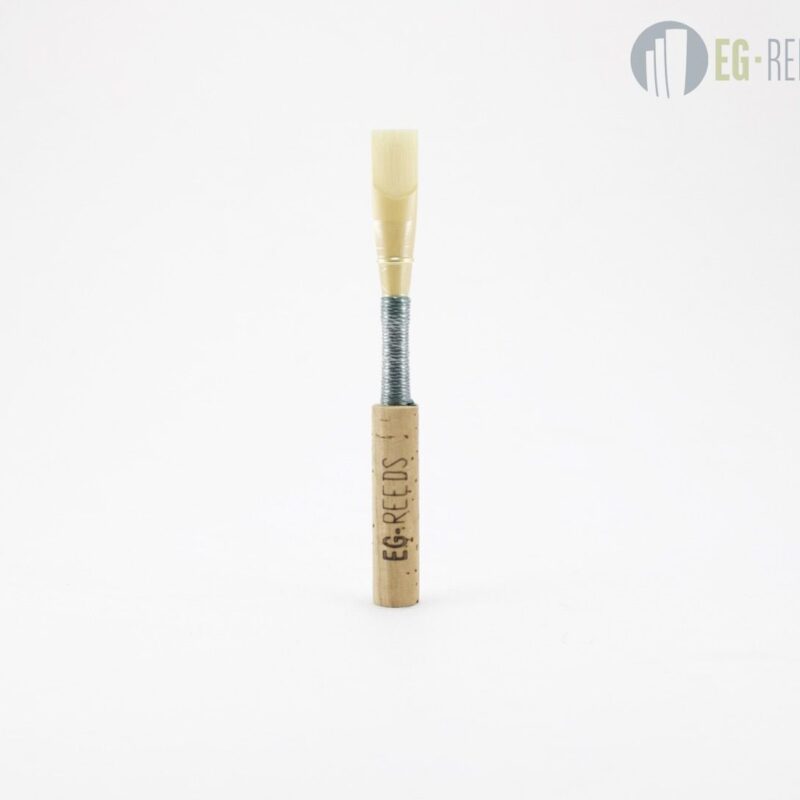 Anche hautbois étudiant (intermédiaire) EG-REEDS
Anche hautbois étudiant (intermédiaire) EG-REEDS  Tube hautbois Chiarugi 47 2
Tube hautbois Chiarugi 47 2 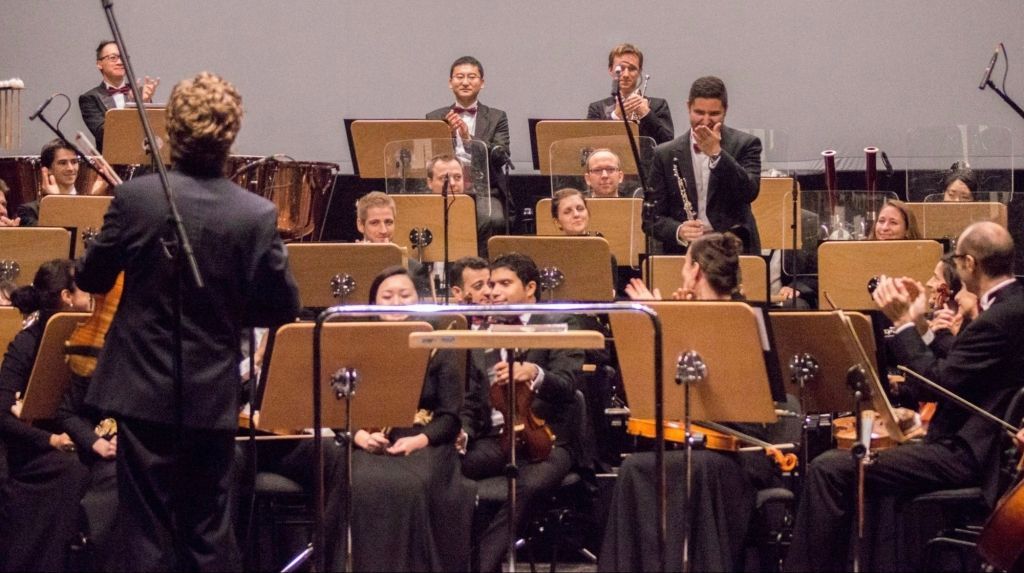

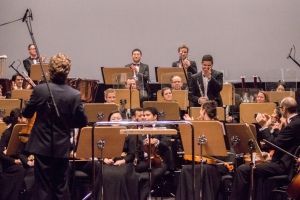
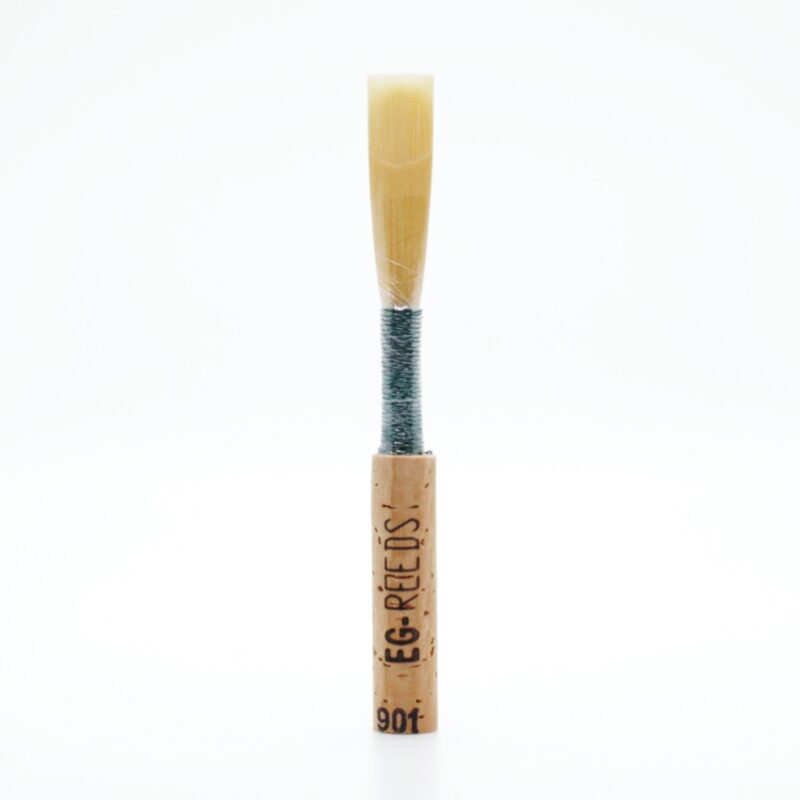

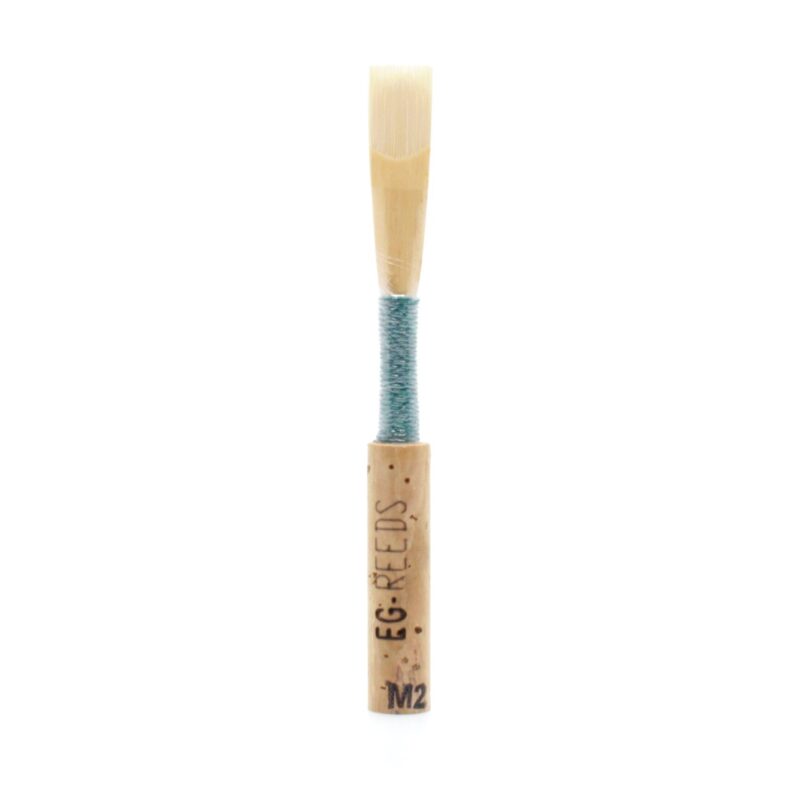
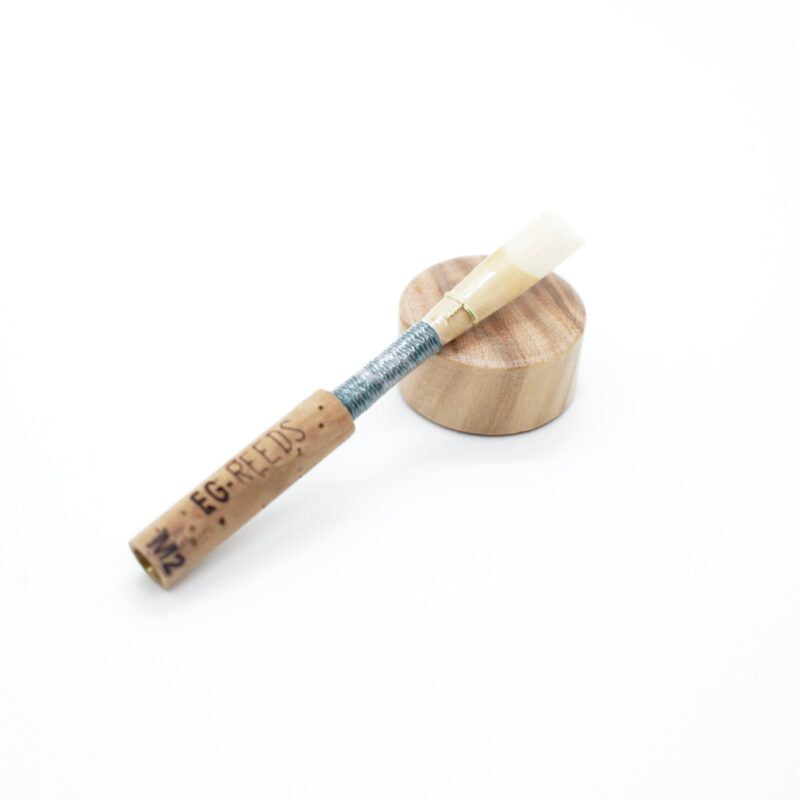

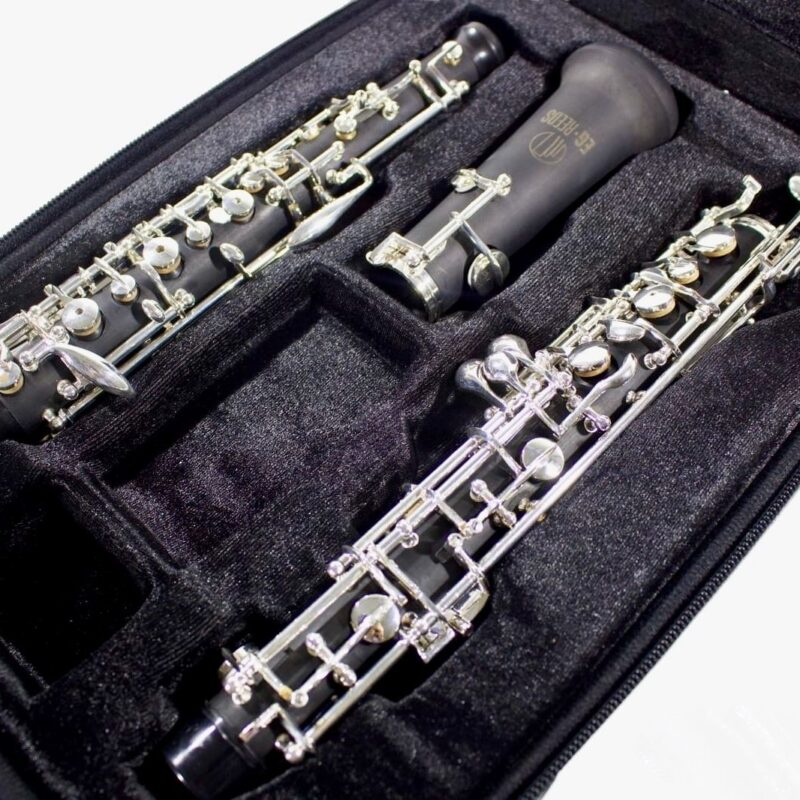

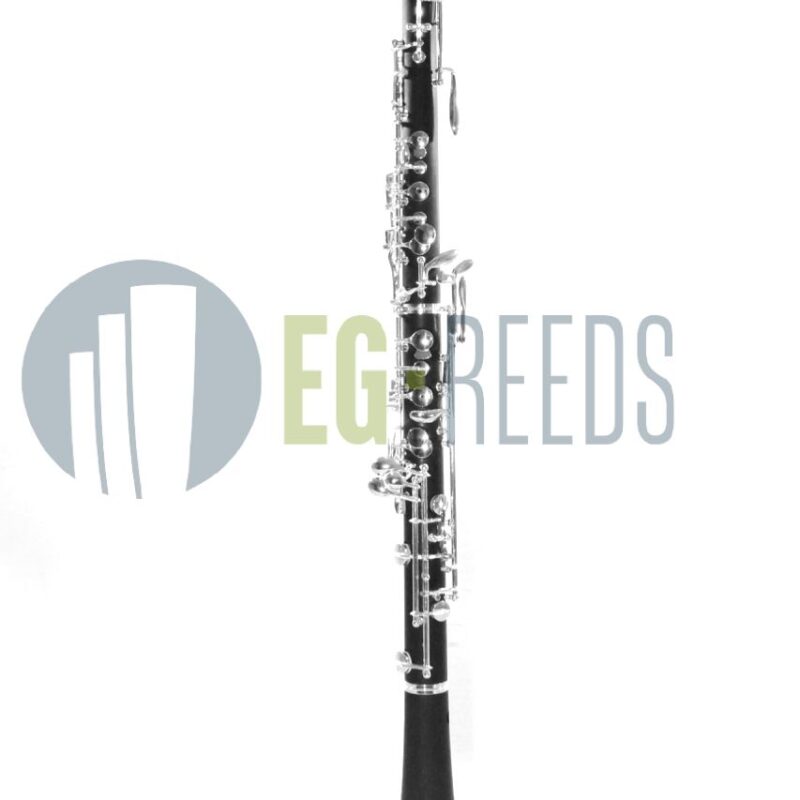
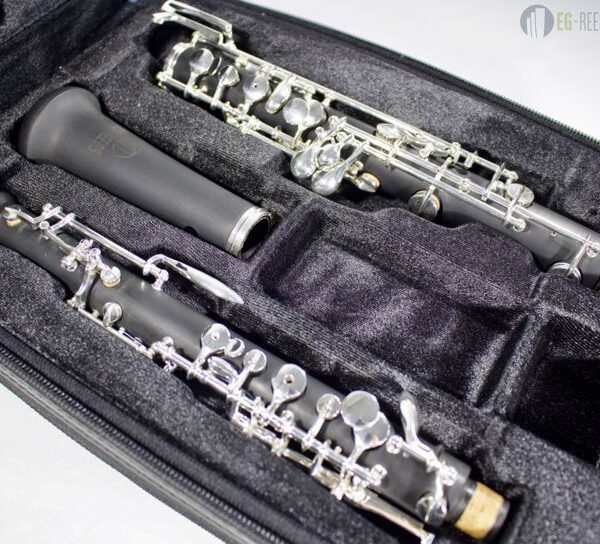
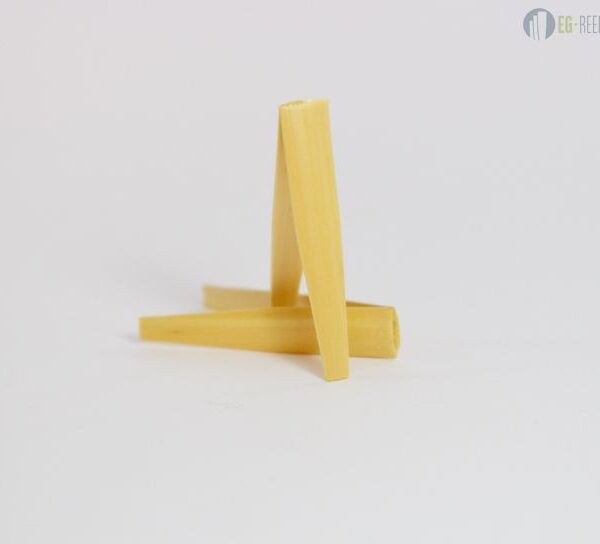
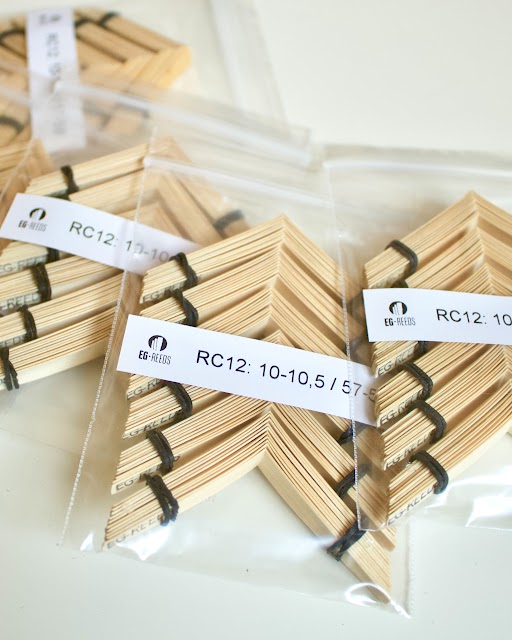

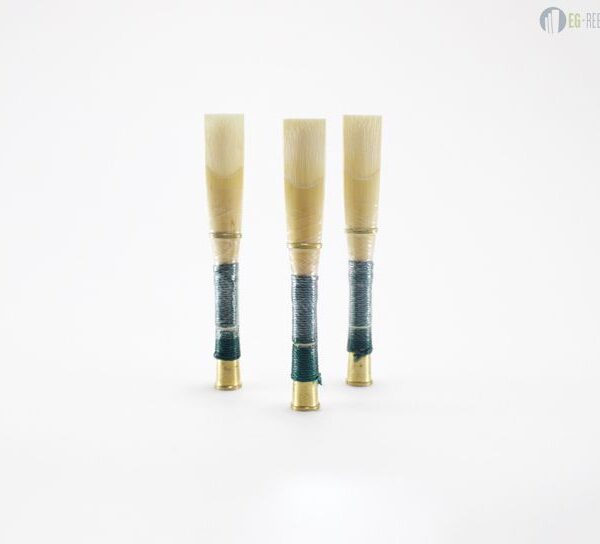
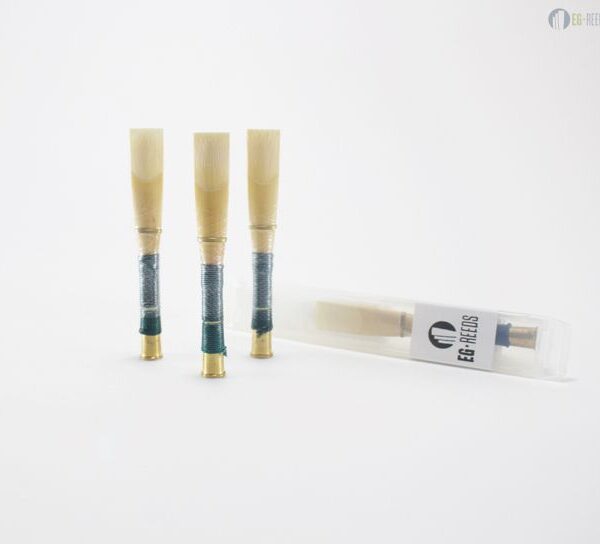

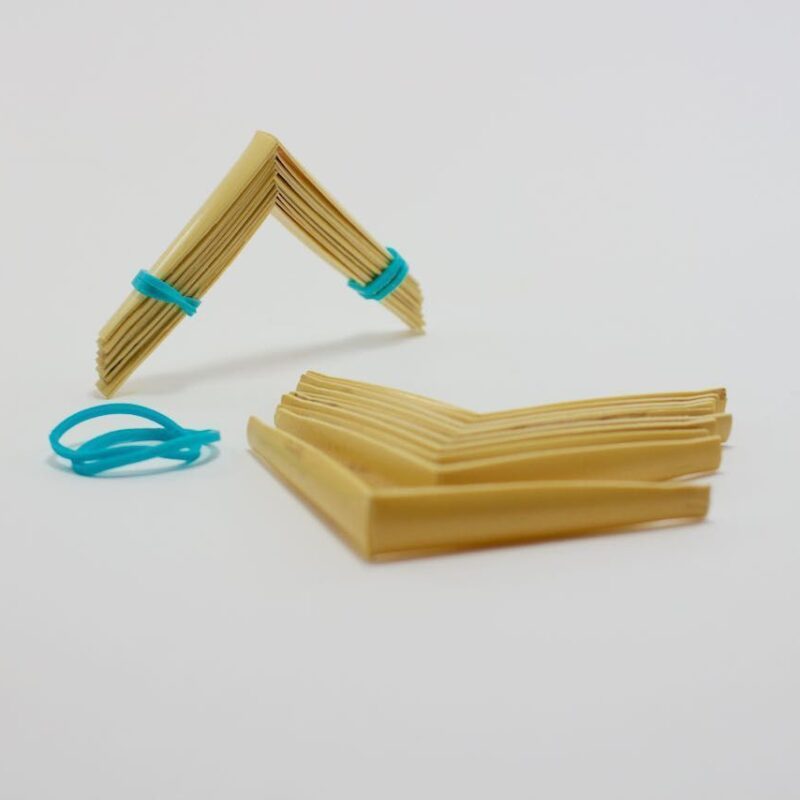
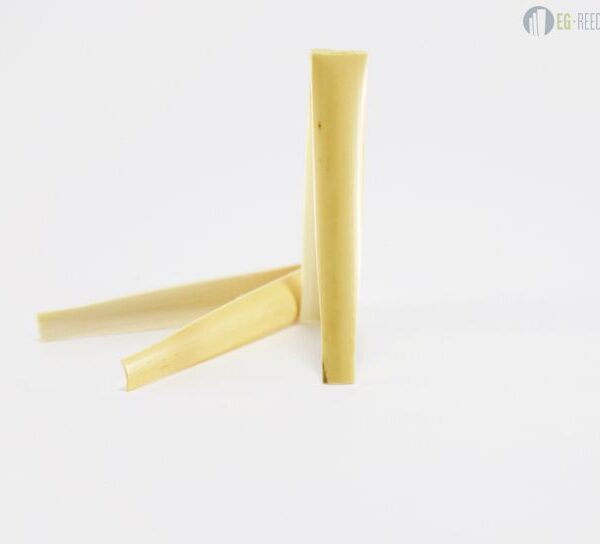





Anche hautbois Pro 901
Anche hautbois Pro M2
Hautbois intermédiaire EG-REEDS
Anche hautbois Mayer
Hautbois étudiant débutant EG-REEDS
Roseaux taillés hautbois EG-REEDS
Anche hautbois étudiant (débutant) EG-REEDS
Anche cor anglais Pro EG-REEDS
Changements dans nos options de livraison à partir du 1er janvier 2026
François Leleux
Nov
Maurice Bourgue
Mar
Le hautbois dans la musique de film
Mar
Albrecht Mayer
Fév
Anches de hautbois : l’anche idéale pour chaque étape
Jan
Comment acheter le meilleur hautbois pour les étudiants?
Jan
Heinz Holliger
Jan